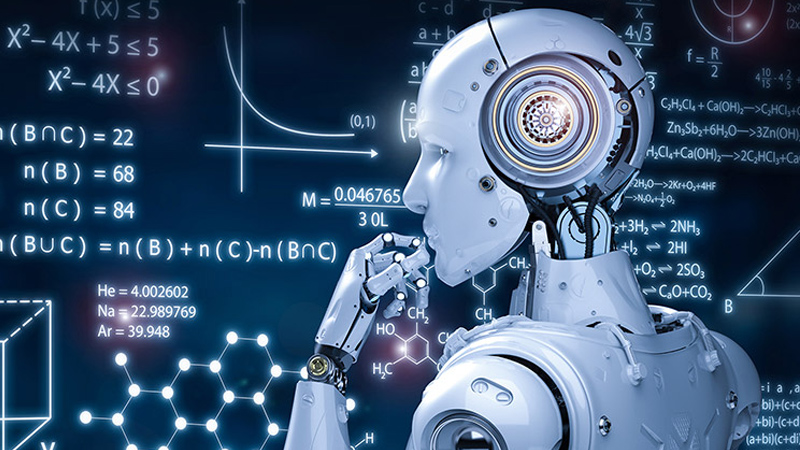Artificial Intelligence (AI) has rapidly evolved into a transformative technology, impacting various aspects of our daily lives. From voice assistants and personalized recommendations to autonomous vehicles and advanced healthcare systems, AI is revolutionizing the way we live, work, and interact. This article explores the power of AI in everyday life, showcasing its applications, benefits, and potential for shaping the future.

1. Personal Assistants:
AI-powered personal assistants, such as Siri, Google Assistant, and Amazon Alexa, have become integral parts of many households. These intelligent virtual companions can answer questions, perform tasks, provide reminders, control smart home devices, and even engage in casual conversations. By leveraging natural language processing and machine learning algorithms, personal assistants enhance convenience and efficiency, simplifying daily routines and empowering users to access information and manage tasks effortlessly.
2. Recommendations and Personalization:
AI algorithms power recommendation systems across various platforms, including streaming services, e-commerce websites, and social media platforms. By analyzing user preferences, behavior, and historical data, AI can deliver personalized suggestions, product recommendations, curated playlists, and tailored content. This level of personalization enhances user experiences, saves time, and helps users discover relevant information and products that align with their interests.
3. Autonomous Vehicles:
AI plays a crucial role in advancing autonomous vehicles, revolutionizing the transportation industry. Self-driving cars rely on AI technologies, including computer vision, sensor fusion, and machine learning, to navigate, detect objects, make decisions, and respond to changing road conditions. Autonomous vehicles have the potential to increase road safety, reduce traffic congestion, and provide more accessible transportation options, transforming the way we commute and travel.
4. Healthcare and Medical Diagnostics:
AI is making significant strides in the healthcare sector, improving medical diagnostics, treatment planning, and patient care. Machine learning algorithms analyze medical data, including medical images, patient records, and genetic information, to assist in early disease detection, personalized treatments, and predicting patient outcomes. AI-powered technologies enhance precision medicine, accelerate drug discovery, and provide doctors with valuable decision support tools, ultimately improving healthcare outcomes.
5. Smart Home Automation:
AI-driven smart home systems automate and optimize various aspects of home management, enhancing comfort, security, and energy efficiency. Connected devices, powered by AI, can learn user preferences, adjust temperature settings, control lighting, and monitor energy consumption. These systems integrate with voice assistants and mobile apps, allowing users to control their homes remotely and create personalized and energy-efficient living environments.
6. Natural Language Processing and Translation:
AI has revolutionized natural language processing and translation, enabling real-time language translations, voice recognition, and text analysis. Chatbots and virtual assistants use AI algorithms to interpret and respond to human language, providing customer support, language translation, and information retrieval. These advancements break down language barriers, facilitate communication, and empower individuals to interact with different cultures and languages.
Conclusion:
Artificial Intelligence has become an omnipresent force, transforming everyday life in countless ways. From personal assistants and recommendation systems to autonomous vehicles and advanced healthcare solutions, AI continues to revolutionize various industries and enhance our daily experiences. As AI technology advances further, it will continue to shape the future, unlocking new possibilities and empowering us to live smarter, more efficient, and more connected lives. It is crucial to harness the power of AI responsibly, ensuring ethical considerations and human-centric design principles are at the forefront of its development, ensuring a positive and inclusive impact on society.